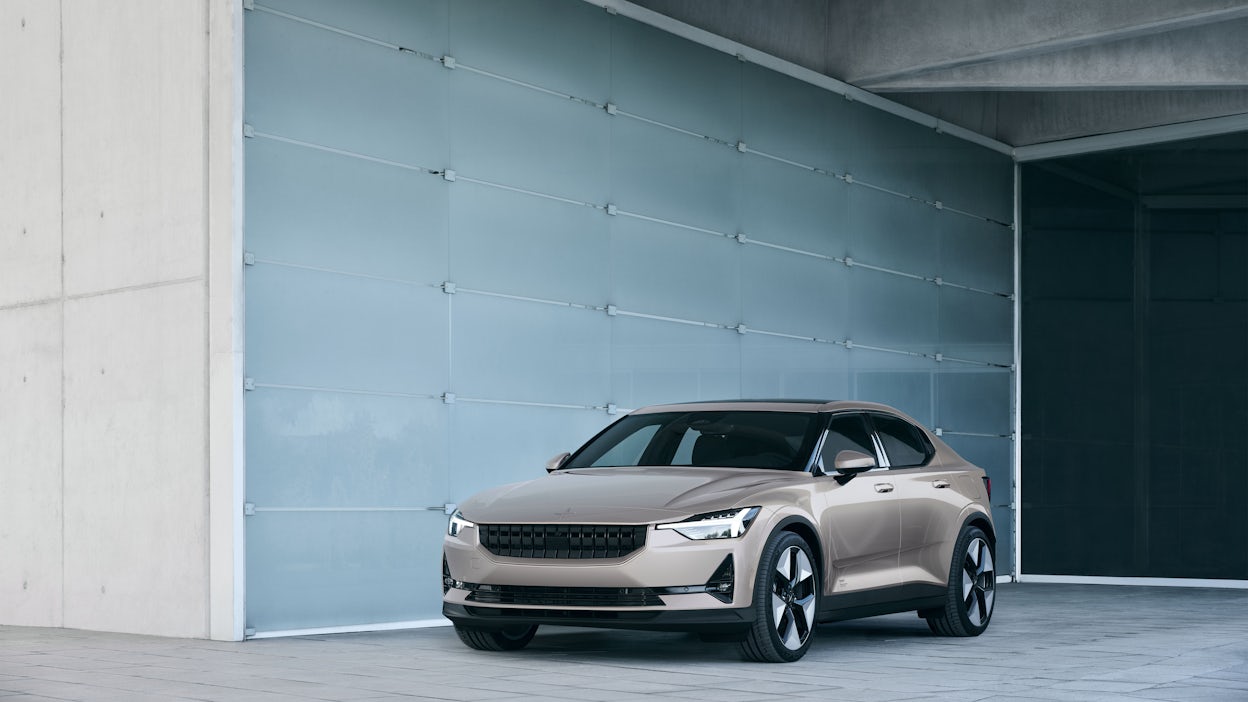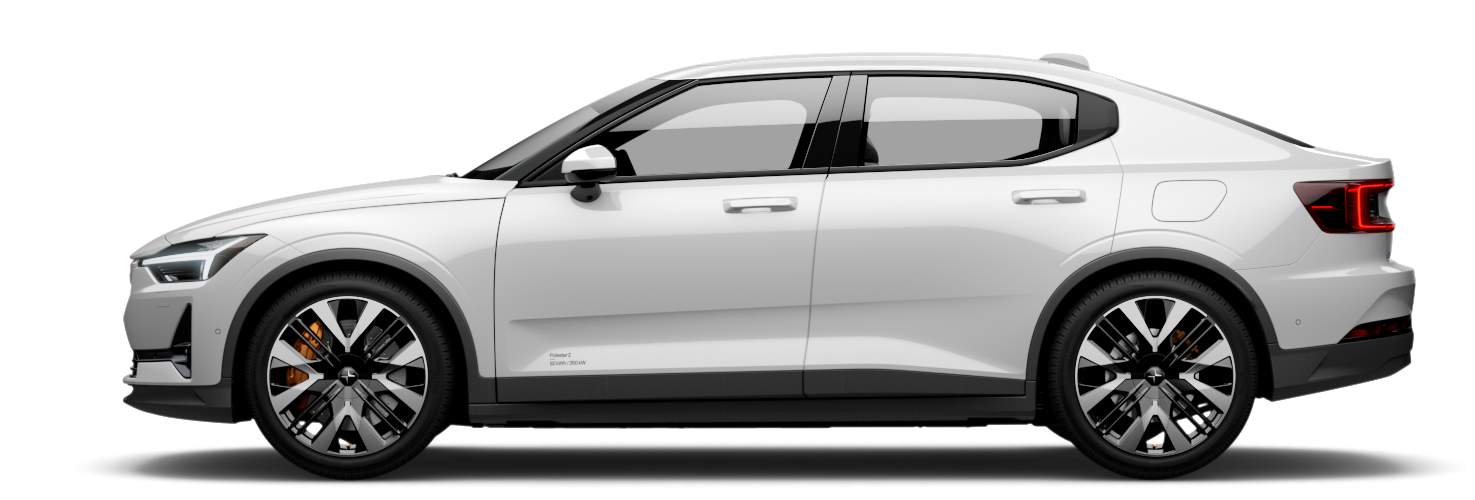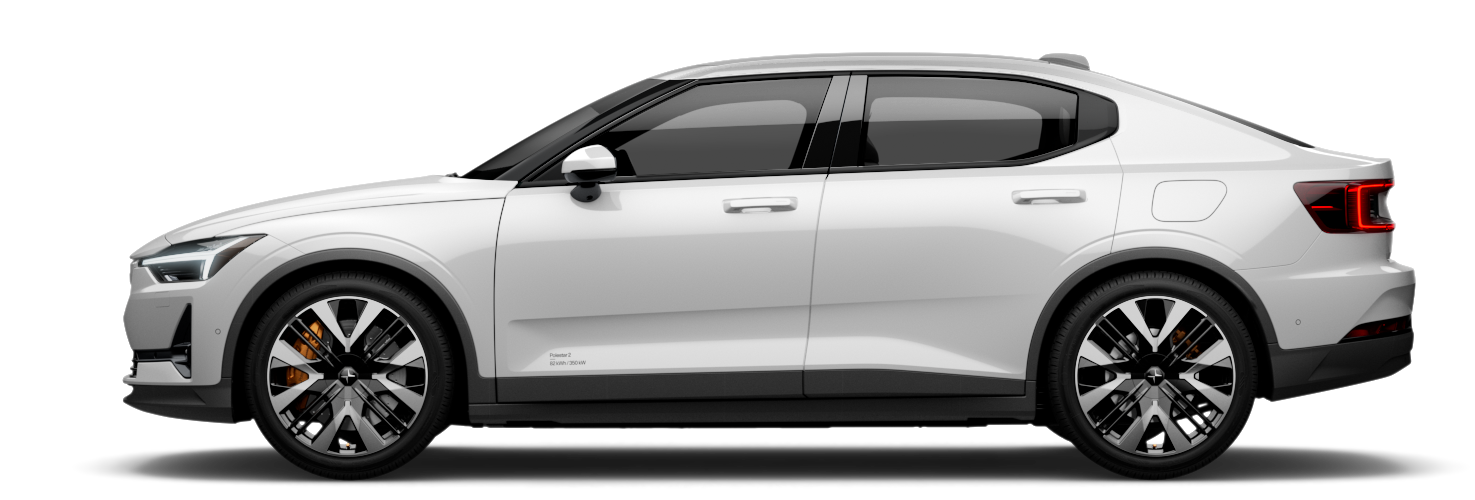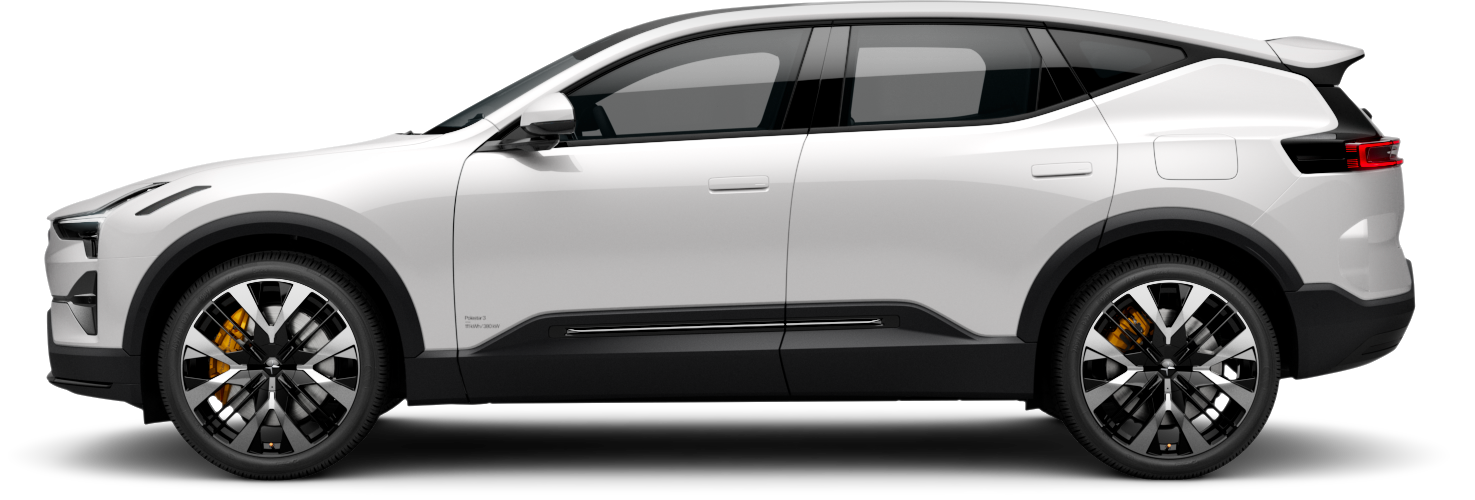The importance of impatience: Polestar 2 sustainability upgrades
Patience. A famously good thing. There is no end to the folksy phrases and nuggets of wisdom that emphasise the importance of being good at waiting. Patience, it’s said, is a virtue. But when it comes to righting environmental wrongs, it’s also a luxury. One we don’t have. Which is the reasoning behind the Polestar 2 sustainability upgrades.

We are not about traditional mid-cycle facelifts, instead focusing on ongoing improvements that we can implement sooner rather than later.
Instead of the cosmetic facelifts so common to the industry, the upgrades to Polestar 2 are concrete improvements to the car’s sustainability credentials. Progress is continuously being made when it comes to materials, processes, and approaches. And when there’s an actionable improvement, we want to implement it as soon as we can.
“It is great to see how we can not only update design and feature elements of our cars during their life cycle, but improve their sustainability credentials as well,” says Polestar CEO Thomas Ingenlath. “We are not about traditional mid-cycle facelifts, instead focusing on ongoing improvements that we can implement sooner rather than later.”
Let’s start with the interior. The official Polestar approach to materials is vegan first, with a leather option available. Relying on only synthetic materials creates other sustainability challenges. As of now, leather is a material that solves many challenges related to quality and the environment when it comes to interiors. Making leather more sustainable, while simultaneously exploring other options, has therefore been the focus.
“We require that all leather used in Polestar products live up to the strictest standards on animal welfare and the Five Freedoms*, as well as being fully traceable and chrome-free,” states Polestar Head of Sustainability Fredrika Klarén.
Bridge of Weir, a Scottish leather suppler, satisfies these requirements. Working with by-products from ethically responsible sources, the leather provided by Bridge of Weir is certified at the highest level by the UN Food and Agriculture Organisation, with 100% traceability. Their patented circular manufacturing process reduces carbon emissions. A chrome-free production method uses natural sources of probiotics, enzymes, plant polymers, and vegetable tannins for the tanning and treatment. Grass-fed and regenerative farming practices are implemented by the entire supply chain.




01/02
The components, construction, and performance of the battery also benefit from sustainable improvements. Circulor, Polestar’s blockchain partner, has now added mica to the list of traced minerals, alongside cobalt. The battery casing’s aluminium tray sees a CO2e reduction of 700 kg per car (for all versions), thanks to the decision to only purchase aluminium for this component from smelters that use renewable energy.
In addition to improved increased traceability for battery minerals overall, the battery in the Polestar 2 Standard range Single motor sees improved cell chemistry and an increase in battery capacity to 69 kWh (from 64 kWh). This leads to a range increase of 30 km (up to 474 km WLTP), a power increase for the motor from 165 kW to 170 kW, and an increase in maximum DC charging speed from 116 kW to 130 kW.
Sustainability permeates every aspect of Polestar. As such, CO2-reduction programs are combined with the cost-reduction programs common in the industry. “A first pilot has been rolled out, replacing the aluminium in the wheels with low-carbon aluminium that is produced using renewable energy,” Klarén explains. “We expect this to result in a 600 kg CO2e reduction for Polestar 2 in the second half of the year.”
“Our LCA reportrevealed those areas that could be improved upon,” continues Klarén. “We need to actively seek out solutions, together with our suppliers and partners, because we don’t have the time to do otherwise.”
The power to drive real progress doesn’t only reside with the manufacturers. Consumers have enormous potential to help create a cleaner, more sustainable future, especially when information like Polestar’s own product declarations are becoming more commonplace, creating greater transparency which in turn enables informed decision making.
Quick, sweeping changes are what’s needed. Improvements, whenever they’re determined to be actionable, need to be implemented as soon as possible. No more waiting. We can’t afford it.
Time to make impatience a virtue.
*Freedom from hunger or thirst by ready access to fresh water and a diet to maintain full health and vigour. Freedom from discomfort by providing an appropriate environment including shelter and a comfortable resting area. Freedom from pain, injury or disease by prevention or rapid diagnosis and treatment. Freedom to express (most) normal behaviour by providing sufficient space, proper facilities, and company of the animal's own kind. Freedom from fear and distress by ensuring conditions and treatment which avoid mental suffering.








